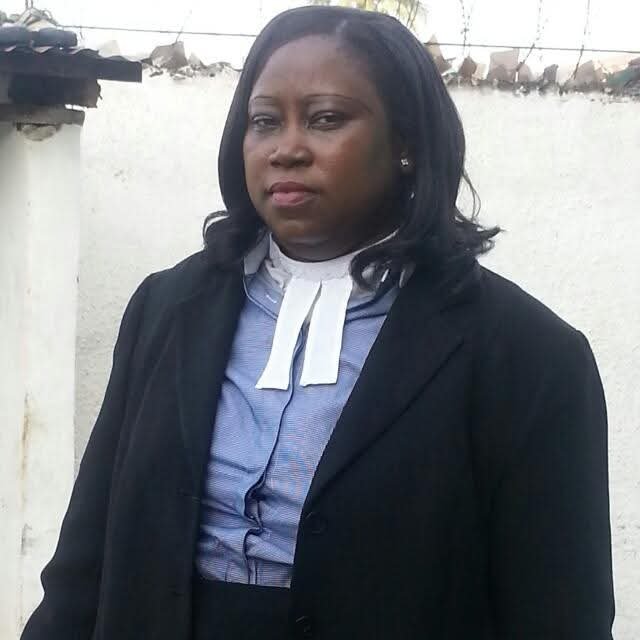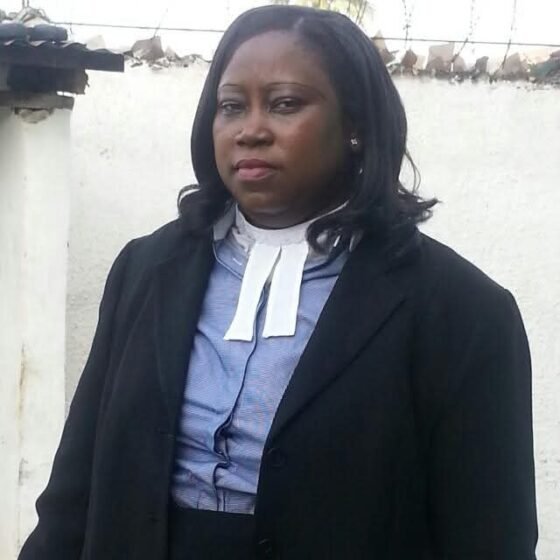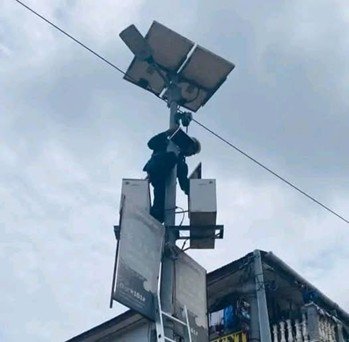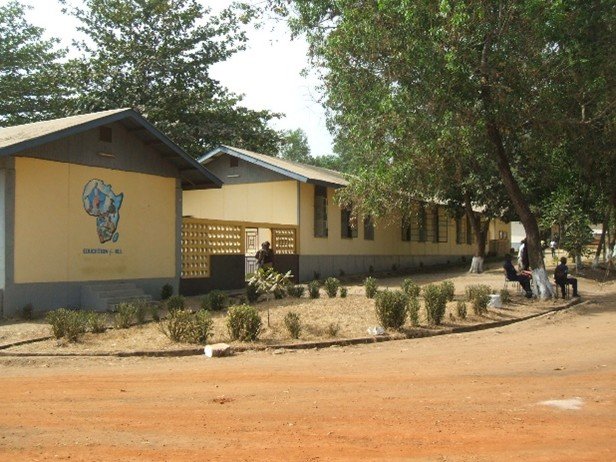The Justice Sector Coordinating Office (JSCO) Half Year Report 2025 has underscored major achievements and persistent challenges within Sierra Leone’s Legal Aid Board, an institution that continues to play a vital role in providing access to justice for poor and vulnerable citizens.

The report, covering January to June 2025, shows that the Legal Aid Board reached 522,883 people in the first quarter alone, with the majority (91%) receiving legal education through outreach programmes, schools, and radio. Since its creation in 2015, the scheme has benefitted nearly five million people nationwide.
“Despite serious resource constraints, the Board continues to defend indigent suspects, accused persons, and inmates across the country,” the report noted.
Legal Representation and Mediation
According to the JSCO report, 5,339 people received free legal advice and representation in the first quarter. Cases included the defense of 57 accused persons at the May Criminal Session of the High Court and the representation of a lactating mother facing arson charges.
The Board also mediated 44,121 disputes, mostly involving women and children. Child and spousal maintenance made up more than 60% of these cases. Through its Child Maintenance Account scheme, 229 agreements were reached, and 89 new accounts were opened at Rokel Commercial Bank, bringing the total to 2,824 accounts since 2018.
Calls for More Resources
While commending the Legal Aid Board’s impact, the JSCO report raised concerns about severe gaps in staffing and logistics. The Board currently has 24 Legal Aid Counsels and 59 paralegals, far below the minimum required by the Legal Aid Act of 2012, which mandates at least one paralegal for each of the country’s 190 chiefdoms.
“The Board would like to recruit ten more Legal Aid Counsels in the short term,” the report stated, noting that six would be deployed to districts without any resident counsel. It also called for the recruitment of 59 additional paralegals, bringing coverage to at least half of the chiefdoms.
The report further recommended seven vehicles and 80 motorbikes to improve mobility for legal officers and paralegals, especially in rural areas where traditional justice systems dominate.
Wider Sector Challenges
The JSCO Half Year Report emphasized that the Legal Aid Board’s difficulties reflect broader challenges in Sierra Leone’s justice system, including limited budgets, lack of human resources, and logistical shortfalls.
It concluded by calling for “increased government investment and sustained development partner support” to ensure that the goals of the Justice Sector Reform Strategy (JSRS) 2024–2030 — equitable access to justice for all Sierra Leoneans — are achieved.
By James Conteh




